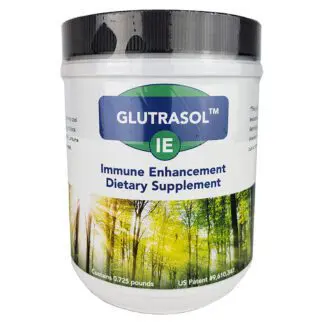dietary supplement
A dietary supplement is a product taken orally to supplement your diet and contains one or more nutritional ingredients. These ingredients include vitamins, minerals, herbs, amino acids, and enzymes. Supplements differ from conventional food and are not intended to treat, diagnose, prevent, or cure diseases.
Dietary supplements can come in many forms, including tablets, capsules, gummies, powders, drinks, and energy bars. They can be made from plants, like garlic, animal products, fish oil, or synthetically, like most vitamins. Supplements can also be more concentrated and have higher doses of nutrients than regular foods.
Some people may benefit from taking dietary supplements, such as those who are pregnant, breastfeeding, older, or have a health condition that prevents their body from absorbing nutrients. Others may take supplements if they have a nutritional deficiency or a restricted diet. For example, pregnant women can take folic acid to prevent certain birth defects, and people who don’t eat meat may take supplements to ensure they’re getting enough iron.
Some common supplements include:
Vitamins: Vitamins D and B12, multivitamins, and individual vitamins like biotin
Minerals: Calcium, magnesium, and iron
Botanicals or herbs: Echinacea, ginger, ashwagandha, berberine, quercetin, fenugreek, colloidal silver, mangosteen, and L theanine
Other: Fish oils, probiotics, and glucosamine
To take supplements safely, you should:
- Talk to your doctor about taking any supplements and what side effects they might have.
- Don’t take a larger dose than the label recommends.
- Check with your doctor if you’re going to have surgery.
- Read trustworthy information about the supplement.
Showing all 2 results
Showing all 2 results


